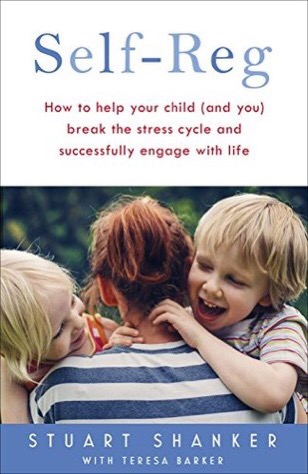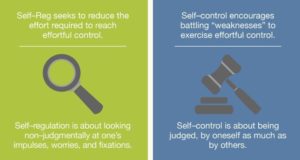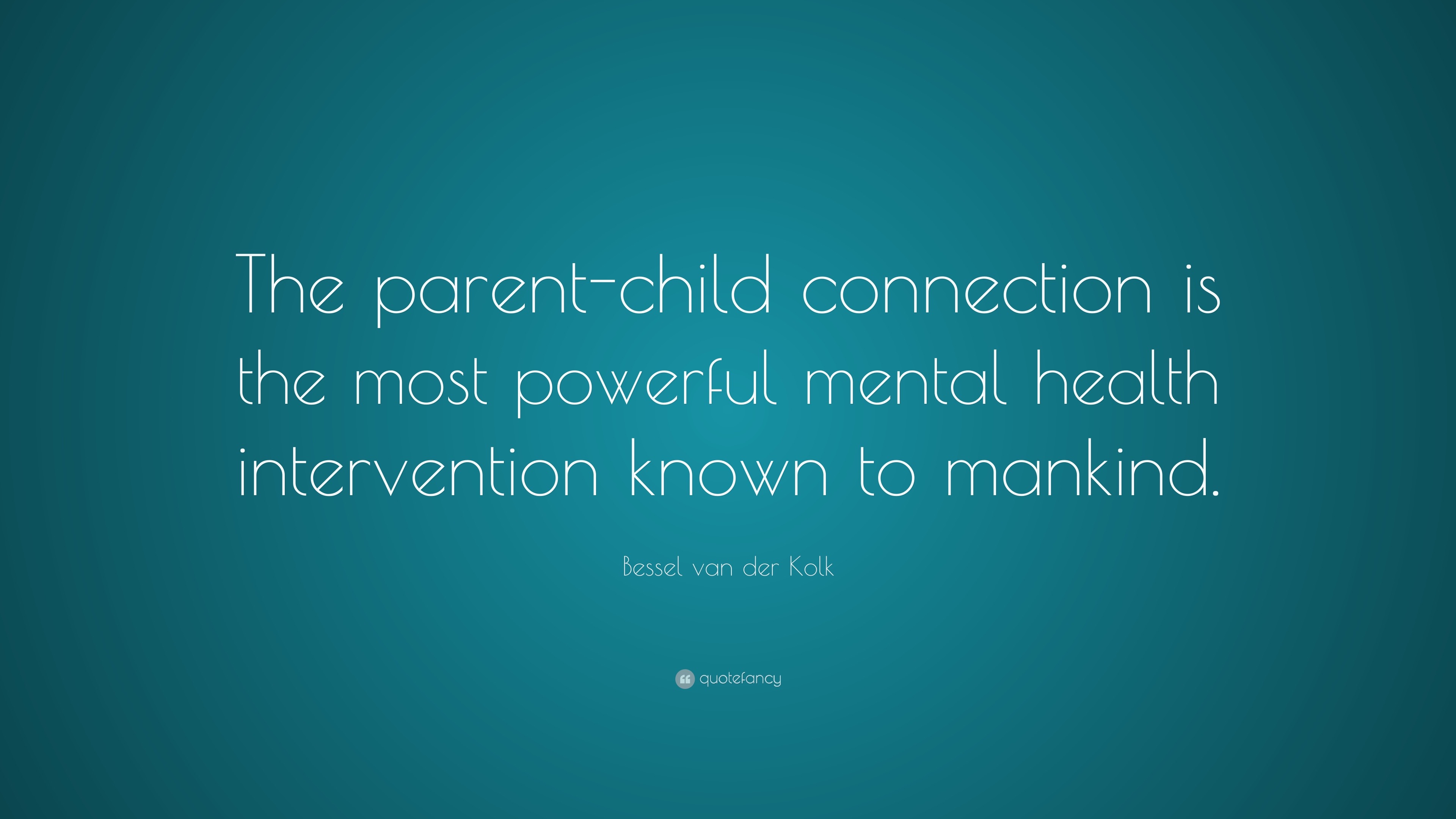
Ask a Clinician: Self-Regulation? Is This Another Fad?
Rosanne Papadopoulos is an occupational therapist and RDI consultant in Winnipeg. You can read more and find her contact information at her website, Discoveries in Therapy.
It’s Saturday morning and I am feeling self-regulated! After a long week of work, I had a great sleep, am sitting next to the warmth of a fall fire in the woodstove on my soft high-backed chair, listening to the wind and the waves of the lake, drinking my coffee, and listening to some relaxing blues music…I think I have all my sensory systems covered! I just may have to do some stretching later this morning!
Self-regulation…all the rage right now!
Self-regulation seems to be the “rage” right now! Everyone is talking about it in the world of child development … but is it just a fad?
Exciting brain research over the past few decades has led to an explosion of information about the brain and behavior. Self-regulation has been born from this information. It is a critical and very good way to look at behavior so I think it is here to stay!
Okay, but what does self-regulation mean?
First of all, it is important to understand that self-regulation applies to all of us! …not just our children. Adults need to be self-regulated in order to teach a child to be self-regulated!
So, what does it mean? Self-regulation is the ability to recognize the state of our body (eg: calm or tense), understand why we are feeling this way, and know how to return to a state of “just right”. Feeling “regulated” means feeling just right for the situation, not too low energy and not too high energy. At work or school, it means feeling that the body and brain are ready to focus or learn. During sports or recess, it means feeling that the body is ready to move and the brain is ready to engage and work together.
REMEMBER, children are not born knowing how to self-regulate! They first learn how to be regulated by you…the regulated adult. When this happens over and over and over again, the child will eventually learn how to do it for them-“self”. So the “self” in “self-regulation” is actually a goal.
 The Canadian connection to self-regulation
The Canadian connection to self-regulation
In Canada, Stuart Shanker and The Mehrit Centre are leading the self-regulation movement. They have marketed the term “self-reg” to promote their approach and they have lots of great graphics, and resources for parents and teachers. Check out www.self-reg.ca for more information.
Stress behavior NOT misbehavior! And NOT self-control!
The first and most important step in learning about self-regulation is understanding that a lot of our behavior (and our children’s) is “stress behavior” and has very little or nothing to do with self-control. We get caught in a “stress loop” and we are not good at recognizing it.
Stress signals?
Not being able to sleep, obsessive worrying, sarcasm, yelling, grouchy comments, being unable to finish things,having a “heavy body”, being unable to smile, having racing thoughts or a racing body,making decisions too quickly, being accident-prone…are all clues that our body is responding to stress.
The most primitive of our brain is designed to help us survive by detecting danger. It reacts to our stress load. If we are “running on empty”, our brain will use “fight, flight or fright” strategies and we might not even know! …and let’s get one thing straight…this has nothing to do with self-control!
The Problem with a Self-Control Perspective
 Self-control comes from a behavioral perspective that believes that we must use punishment and reward strategies to mold behaviors. This way of thinking began a century ago and, as Stuart Shanker states in his book “Self-Reg”, “These misguided theories have become entrenched in…child rearing….we have come to realize how harmful this outlook can be.”
Self-control comes from a behavioral perspective that believes that we must use punishment and reward strategies to mold behaviors. This way of thinking began a century ago and, as Stuart Shanker states in his book “Self-Reg”, “These misguided theories have become entrenched in…child rearing….we have come to realize how harmful this outlook can be.”
Self-Regulation and Developmental Therapies
Developmental therapies are based on a deep understanding of all aspects of child development, beginning with parent-child attachment and regulation. Parents learn how to influence their child’s behavior and thinking by being connected to their child. It is not easy but it leads to genuine functional development and ultimately the “self” in self-regulation!
